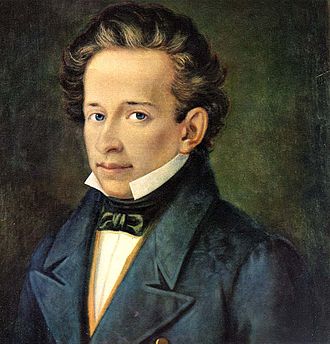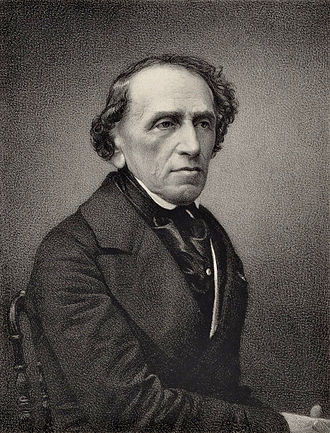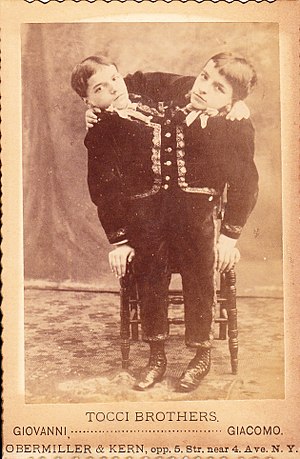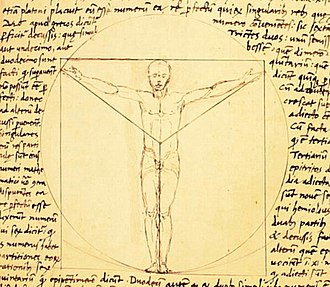Discover Your Roots
SIGN UPDiscover Your Roots
SIGN UPGiacomo is a male name of Italian origin, meaning "supplanter." It is the Italian counterpart of the English name James, derived from the Hebrew name Jacob. Renowned bearers of this name include Giacomo Casanova, a Venetian adventurer and author, and Giacomo Puccini, the celebrated Italian composer. The name Giacomo has been associated with various accomplished individuals across different fields, such as arts, sports, and politics, reflecting its enduring popularity and significance in Italian culture. With its rich historical and cultural connotations, Giacomo continues to be a beloved and timeless name choice, resonating with its profound meaning of "supplanter" and its deep-rooted Italian heritage.

Giacomo Leopardi (1798-1837) was an Italian philosopher, poet, essayist, and philologist, widely regarded as the greatest Italian poet of the 19th century and a leading figure of literary Romanticism. His profound reflection on existence and the human condition, coupled with sensuous and materialist inspiration, earned him a reputation as a deep philosopher. Despite living in the conservative Papal States, Leopardi's exposure to Enlightenment ideas and his literary evolution led to the creation of remarkable poetic works associated with the Romantic era. Born into a noble family in Recanati, Italy, Leopardi's upbringing was marked by a rigorous discipline of religion and economy. His thirst for knowledge was nurtured by his father's extensive library, and despite a lack of formal education, he acquired extraordinary knowledge of classical and philological culture. Leopardi's fragile physical constitution and chronic illness, including Pott's disease, denied him youth's simplest pleasures. Throughout his life, he grappled with disillusionment in love, physical ailments, and the oppressive environment of his home. His literary endeavors took him to various cities in Italy, where he encountered influential figures such as Alessandro Manzoni and Pietro Colletta. Leopardi's pessimistic ideas and lyrical poetry made him a central figure in the European literary and cultural landscape, captivating readers with his profound insights into the human experience.

Giacomo Meyerbeer, born Jakob Liebmann Meyer Beer, was a prominent German opera composer known as "the most frequently performed opera composer during the nineteenth century, linking Mozart and Wagner." He achieved fame through his 1831 opera Robert le diable, which gave grand opera its distinctive character. Meyerbeer's style combined German orchestra style with Italian vocal tradition, creating sensational and melodramatic libretti in collaboration with Eugène Scribe. His works, including Les Huguenots and Le prophète, set a standard that maintained Paris as the opera capital of the nineteenth century. Meyerbeer's early life saw him born into a wealthy Jewish family in Berlin, where he began his musical career as a pianist before dedicating himself to opera. Despite critical assaults from Wagner and his supporters, Meyerbeer's operas were widely performed in leading opera houses during the nineteenth century. While his works faced neglect in the twentieth century, they have started to reappear in the repertory of numerous European opera houses in the 21st century. Meyerbeer was also influential in opera in Berlin and throughout Germany, and he supported Richard Wagner in his early career. His legacy as a composer and his contributions to opera continue to be recognized and appreciated.

Giacomo and Giovanni Battista Tocci were conjoined twins born in Locana, Italy, between 1875 and 1877. Their birth was a unique event as they were born with two heads, two necks, two ribcages, four arms, and two legs. Despite initial predictions of a short lifespan, they toured extensively in Europe and the United States, captivating audiences with their extraordinary condition. They spoke multiple languages and settled disputes between themselves with their fists. In 1897, they retired to a villa in Venice, Italy, and became recluses after their experiences in the freak show. Reports about their later lives are conflicting, with some claiming they married and had children, while others suggest they died childless. Their American tour inspired author Mark Twain to write the short story "Those Extraordinary Twins", which later became Pudd'nhead Wilson. The Tocci brothers' intriguing life story continues to fascinate and captivate people to this day.

Giacomo Ferrara, born on November 24, 1990, is a renowned Italian actor celebrated for his portrayal of Alberto "Spadino" Anacleti in the 2015 neo-noir crime film, Suburra, and its subsequent spin-off series, Suburra: Blood on Rome (2017–2020) and Suburræterna (2023). Hailing from Chieti, Ferrara spent his formative years in Chieti, Villamagna, and Pretoro, with his parents working as hotel managers. His passion for acting led him to Rome, where he enrolled at the Accademia Corrado Pani at the age of 18. Ferrara's talent and dedication have earned him a prominent place in the film industry, with a notable filmography and television appearances. His contribution to music videos further highlights his versatility as an artist. With a promising career ahead, Ferrara continues to captivate audiences with his compelling performances. For more information, visit Giacomo Ferrara's IMDb profile.

Giacomo Andrea da Ferrara, also known as Iacomo Andrea, was a renowned architect from Ferrara and a prolific author who left a significant mark on the world of architecture. His commentary on Vitruvius is a testament to his deep understanding of architectural principles and his commitment to advancing the field. Despite the scarcity of information about him, his influence is undeniable. Notably, he shared a close bond with the legendary Leonardo da Vinci, as described by Luca Pacioli, who likened their relationship to that of brothers. Giacomo Andrea's prototypical Vitruvian Man, created in the 1480s, is believed to have inspired or been created in collaboration with Leonardo's iconic drawing. His unwavering loyalty to the Sforza family and his involvement in the political landscape of Milan ultimately led to a tragic end. Following his alleged plot against the French occupation, Giacomo Andrea was unjustly sentenced to death and publicly beheaded in 1500. Despite the circumstances surrounding his demise, his contributions to architecture and his association with Leonardo da Vinci continue to be remembered and celebrated.
All images displayed on this page are sourced from Wikipedia or Wikimedia Commons.We use these images under their respective Creative Commons or public domain licenses. Wherever applicable, author attributions and license information are provided. If you believe an image is used incorrectly or outside its license terms, please contact us so that we can review and correct the issue.